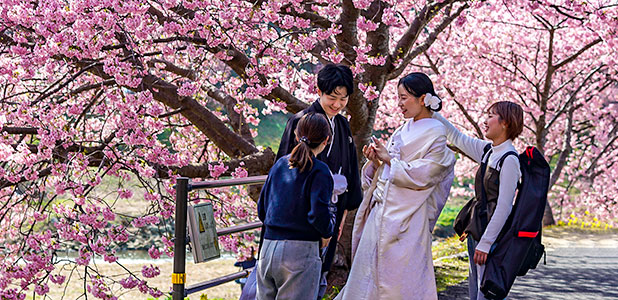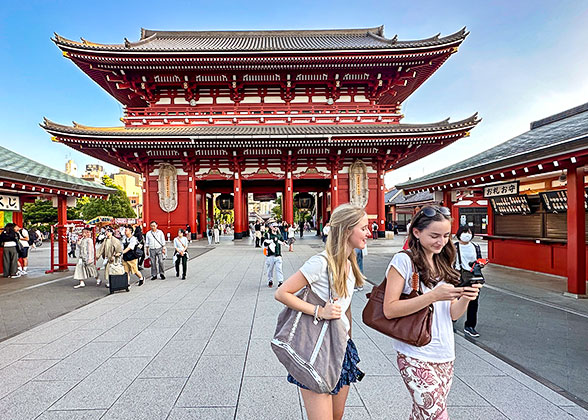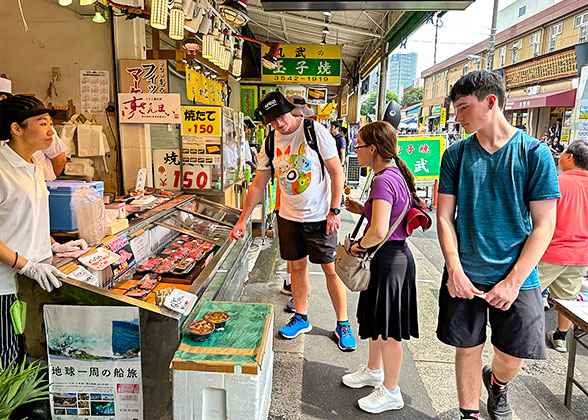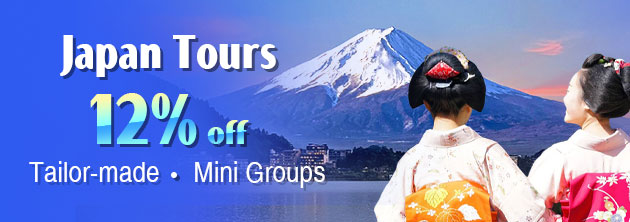Kamakura Weather in January
Kamakura’s weather in January is cold, especially in the early mornings and late evenings. But you can feel pleasantly warm during middy when the sun is out. Considering Kamakura is a coastal city, light showers can occur, accompanied with strong winds. In the early morning of sunny days, the visibility of Mt. Fuji is pretty high.Temperature
January is the coldest month in Kamakura. The average daytime high hovers around 9 degrees Celsius (48 degrees Fahrenheit), which is quite chilly, but not unbearably cold. On sunny days, the highest temperature can reach 14°C (57°F), so visitors can feel surprisingly warm, and wearing thin sweaters is ok. However, since Kamakura is a coastal city, it can get pretty cold on overcast days or when the wind picks up. Daytime temperatures are about 7°C (45°F) at this time. It's a good idea to bring a scarf to block the wind.

Coastal Road
|
The average low temperature is around 2 degrees Celsius (36 degrees Fahrenheit), which will definitely make you feel cold. If you plan to catch the sunrise, make sure to wear a few extra layers, as the wind chill can make you feel like the temperature reaches zero.
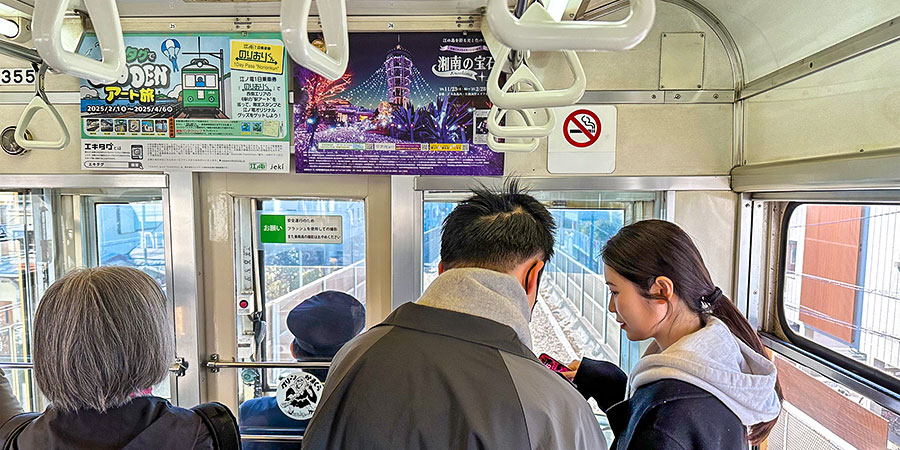
Cold Weather in January
|
Precipitation and Humidity
Kamakura experiences very little rainfall in January, with only about 69 mm of precipitation and 10 rainy days on average. And most of these rains are light showers. Strong winds often accompany the rain, so make sure to wear a windbreaker to keep warm.Being a coastal city, the weather in Kamakura tends to be fairly humid. The average humidity in January is around 44%.
Daylight Hours/ Sunshine Hours
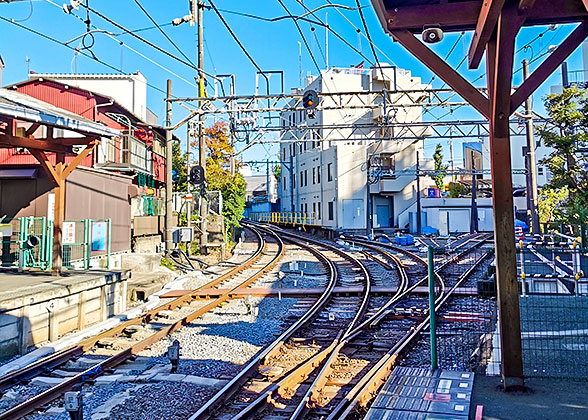
Sunny Weather in January
|
Clothes Guide
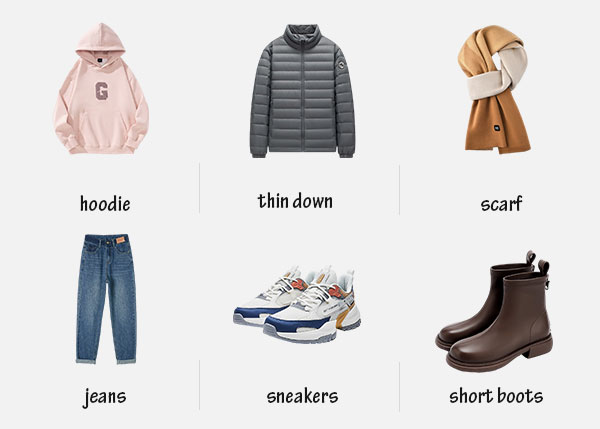
|
Bottoms: It is recommended to wear thermal underwear underneath thicker pants, such as jeans, to keep your legs warm. If you are from hot climates and sensitive to the cold weather, it’s a good idea to wear thicker pants for extra warmth. As for women, if you prefer skirts or dresses, layering with thermal leggings is a good option.
Shoes: Visitors are likely to walk a lot during the outdoor sightseeing, therefore, a pair of comfortable sneakers are the best options. For those who want to look fashionable, fur-lined boots can add warmth while going with the outfit.
Other Accessories:
Hats: It is a necessary item to protect yourselves from the cold wind and keep your head warm.
Scarf: A scarf is a must to protect your neck from the chill and add a touch of style to your look.
Travel Recommendations and Tips in Kamakura in January, 2027
1. Make Wishes at Shrines and Temples on New Year’s Day
January is the New Year season in Japan. Many people visit shrines and temples to pray for blessings for the coming year. For example, at Hasedera Temple, you can purchase New Year amulets. The Great Buddha in Kotoku-in Temple is also a popular spot for New Year’s prayers. Tsurugaoka Hachimangu Shrine is known for its strong reputation in wishing for good fortune, drawing large crowds.Tips: Considering these shrines and temples can be very crowded on New Year ’s Day, be sure to start your day early if you want to avoid long lines. If you prefer a quieter experience, it is a good idea to visit in the middle or later part of the month. Also, attending special New Year ceremonies might require reservations, so make sure to plan ahead.
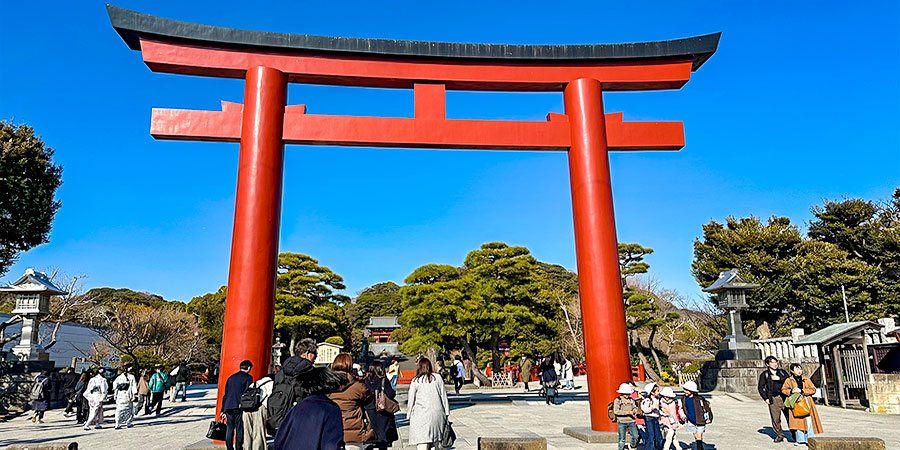
Tsurugaoka Hachimangu Shrine
|
2. Admire Mount Fuji from Enoshima Island
December is one of the months with the highest visibility of Mt. Fuji. From Enoshima Island, you can capture a beautiful view of Mount Fuji's snow-capped peak. Shichirigahama Beach, a beautiful beach known for its appearance in the anime Slam Dunk, offers a stunning perspective of the mountain and becomes a perfect spot for photos. If you're lucky, you might even witness the gradual transition of the snow-covered peak from pink to golden at sunrise.Tips: Check the visibility forecast for Mount Fuji beforehand. Typically, visibility is highest in the early morning. If the visibility is less than 7, you may not be able to see Mt. Fuji. Also, it is cold in the early mornings, so remember to dress warmly before heading out.
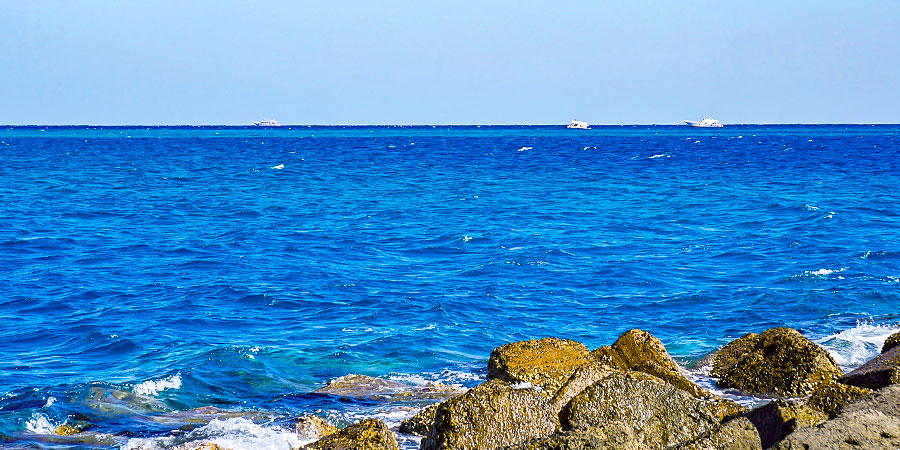
Lovely Sea Water
|

